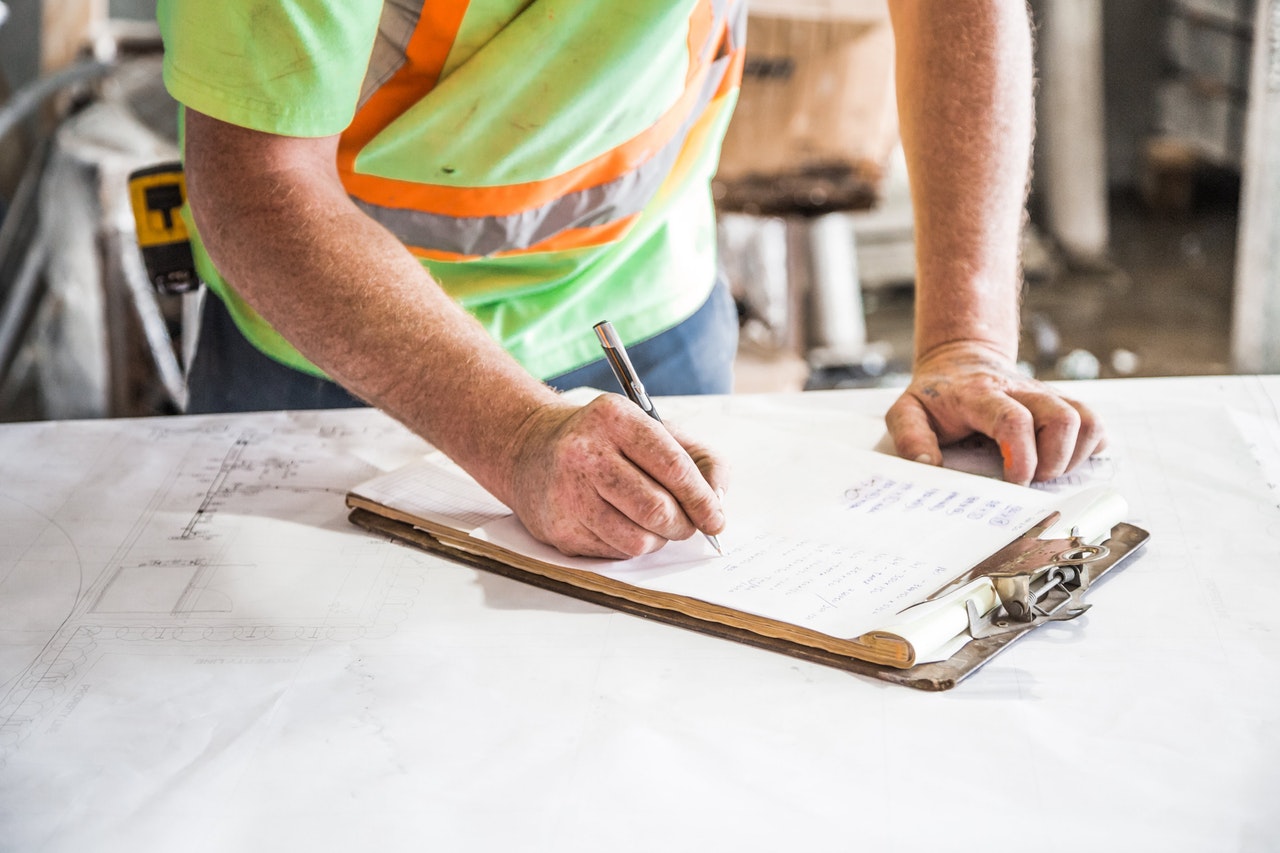
By Steve Rogers, president, 8020 Builders
Thinking ahead is the job — and duty — of a general contractor. Their ability to plan for challenges before they occur on a job site and predict where problems may exist, will save you a lot of time and money in the long run. This same sort of forward planning is critical when making the decision regarding which general contractor is best for your development or new construction project. In this process, there are several questions you can ask the contractors you want to work with, as well as questions to ask yourself.
Have you shared your budget?
Contrary to popular belief, sharing your budget with a general contractor does not mean you won’t get the best price for your project. Instead, it will provide a general contractor with the opportunity to better understand where you need to be in regards to all aspects of a project’s cost, and they can then prepare a realistic cost estimate that will provide you with more detailed information. It will save everyone a lot of iteration and wasted time.
Have you established and/or shared your exit strategy?
Any quality general contractor will want to understand your goals from the beginning to the conclusion of a project. If a general contractor is not asking you questions such as these, they aren’t arming themselves will critical information to succeed for you: What happens after the project is complete? Is holding the price above all else the most critical? Is there a drop-dead date for a planned tenant? Is there a buyer in the wings?
Have you been asked about your future operational needs?
A general contractor with all the information will not only save you money down the road but could contribute to the future profitability of your building. For example, if a general contractor understands the market and how to build a building that is as flexible as possible for future needs, and future value, they can add to your overall bottom line.
Has the GC explained how they engage key subcontractors?
Key subcontractors will vary depending on the complexities of a project. In order to get the best solutions as quickly as possible, there need to be times during the design phase when all of a project’s experts are in the room, sharing their thoughts and solutions. Your GC needs to have access to this expertise, so it’s important to know how they will deliver it to you.
Will the general contractor be readily available to the design team?
The GC needs to constantly be ready and willing to engage and ‘have a take’ when the design is developing, and architects have questions. This indicates their level of buy-in to the process and the ultimate construction methodology. Their availability also reduces your risk for challenges and change orders down the road.
Is the general contractor able to provide cost guidance?
As the design of your project is taking place, you need a general contractor who can provide preconstruction cost guidance in real time. Without that kind of immediacy, the team will be wasting their time modifying drawings when everyone is ready to move onto the next phase.
Has the general contractor asked you about your financing?
The details of how the project is being funded are important to everyone involved. Subcontractors and vendors regularly look for proof of financing as a way of evaluating their willingness to engage in a project. The timing of monthly draws effects how the project is administered. Certain lenders require a greater level of due diligence and guarantees from the construction team. How much equity has to be inserted and when can affect the start date. Conditions for closing such as pre-leasing can create a lag in funding down the line and upset the flow of cash to mobilized subcontractors. It is difficult to overstate the value of regular cashflow to the subcontractors on a project.
Is your general contractor able to propose solutions during preconstruction?
Ask for examples of solutions to problems a general contractor has discovered on previous projects, both during preconstruction and in the field. You want to work with a GC who isn’t shy about sharing their opinions about how to solve problems that will
arise, either during the design phase or when construction is underway. You are paying for their expertise, so expect them to apply it to your project.
Is the general contractor willing to push you?
Working with a general contractor should be a partnership in many respects, and they should be willing to push you during the construction process by reminding you of deadlines, challenging your assumptions around leasing or entitlement timelines,
questioning design direction or decisions, etc. A GC willing to do these things is engaged in the project success, not just his or hers.
Does the general contractor have a demonstrated focus on culture?
A general contractor’s company culture will affect your bottom line. Feelings matter. The field of affective neuroscience is showing us that our behaviors are determined by how we feel. Openly sharing information gives your general contracting firm the information they need to make informed, instinctive, and experienced decisions. It is what relationships, and power, are built upon. When you procure work according to these values you support your general contractor’s ability to plan, communicate, and update-the cornerstones of successful team work and development. Old ways of thinking about money and power can shift into new beliefs of equity. Subcontractors, skilled labor, are all part of the team, planning, communicating, and updating who work to achieve goals.
8020 Builders is a Denver-based general contracting firm specializing in Adaptive Reuse, Interior Finish, Industrial, and Bars & Restaurants construction projects. The company fields a team of experts, connected to the building industry, delivering creative results within budget.









